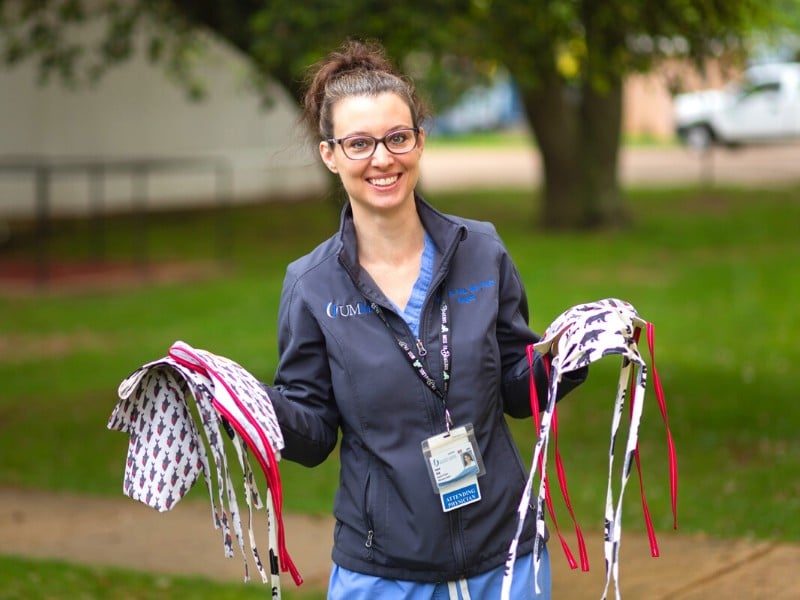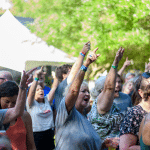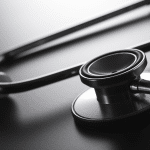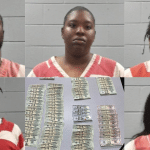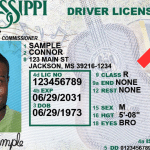(Dr. Laura Vick poses with different patterns of masks and surgeon’s caps)
The University of Mississippi Medical Center is calling on the community to help protect its employees after the Mississippi Department of Health directed all health care professionals in the state to wear a mask while at work.

The policy is aligned with the Center for Disease Control’s current recommendations regarding the use of cloth face coverings to help slow the spread of COVID-19.

Home-sewn masks will also make it possible to save precious personal protective equipment, or PPE, for employees working in direct-patient care areas. PPE is in limited supply at the Medical Center and around the country as a result of the COVID-19 pandemic, which by Saturday had killed 6,593 Americans and sickened over 277,000.
Dr. Laura Vick, associate professor of general surgery at UMMC and longtime seamstress, has been ahead of the curve. She has been living by the motto of “preparing, not panicking” during these uncertain times.
So, several weeks ago, when colleague and nurse practitioner Katie Smith told Vick how her mother, a seamstress, desperately wanted to make something to help protect health care professionals and patients, she had an idea.
Vick returned home that night to her dining-room-turned-sewing-room, which is packed with fabrics and several sewing machines, and got to work. The next morning, she brought three different prototypes of surgical masks, which Dr. Matthew Kutcher, assistant professor of surgery, tried out.

Vick’s goal: produce additional masks and equipment for use by health care professionals in low-risk settings, and free up precious PPE for employees taking care patients.
“What we’re trying to do is prepare, not panic,” Vick said in the Facebook video she posted demonstrating how to make the masks.
The video had been viewed over 90,000 times with 1,100 shares by Sunday morning, and the Medical Center has received generous donations of masks and other equipment in the past weeks. Individuals and businesses also donated other PPE, meals for health care workers, monetary donations and tablets and smart phones for telehealth appointments.

“We are so grateful to our community for stepping up and supporting us during this time,” said Dr. LouAnn Woodward, vice chancellor for health affairs and dean of the school of medicine. “What we are doing in response to this outbreak in Mississippi would not be possible without the help of the people of this state.”
In the video, Vick details how to make the mask she and Kutcher decided was the most universal and useful. The masks are cotton on the front and flannel on the back, and each person who wants to participate is asked to make five as a starting point.
And back at UMMC, she delivered the first eight masks she made to several on-call surgical trauma residents for use in caring for trauma patients. Vick has kept up her momentum on Facebook, posting videos about how to make surgical caps, which are also in demand.

Word reached groups like the Susannah Stitchers, a group of around 20 women that meets weekly at Chris United Methodist Church in Jackson. They have been sewing items for the Medical Center for 20 years, making everything from 200 prayer quilts for transplant patients to burial gowns, blankets and bonnets for babies in the Neonatal Intensive Care Unit who passed away.
McDonald said she and her group members were “hungry to do something.” “We want to help but feel like we can’t. We’re stranded, we can’t get out, so it just means so much to us to be able to do something,” she said.
Others who want to make and donate masks can drop them off in the secure bin at the overhang outside of the Nelson C. Norman Student Union on the Jackson campus.
They may also be mailed to the UMMC Office of Development, 2500 N. State St., Jackson, MS.
Click here for more information about ways to help UMMC in the fight against COVID-19.
Story written by Kate Royals at UMMC


